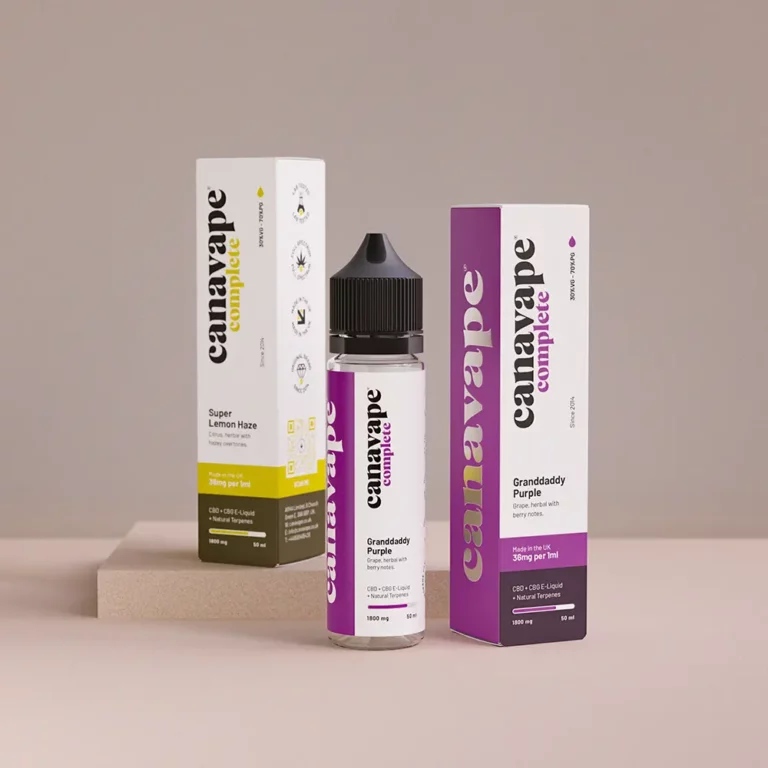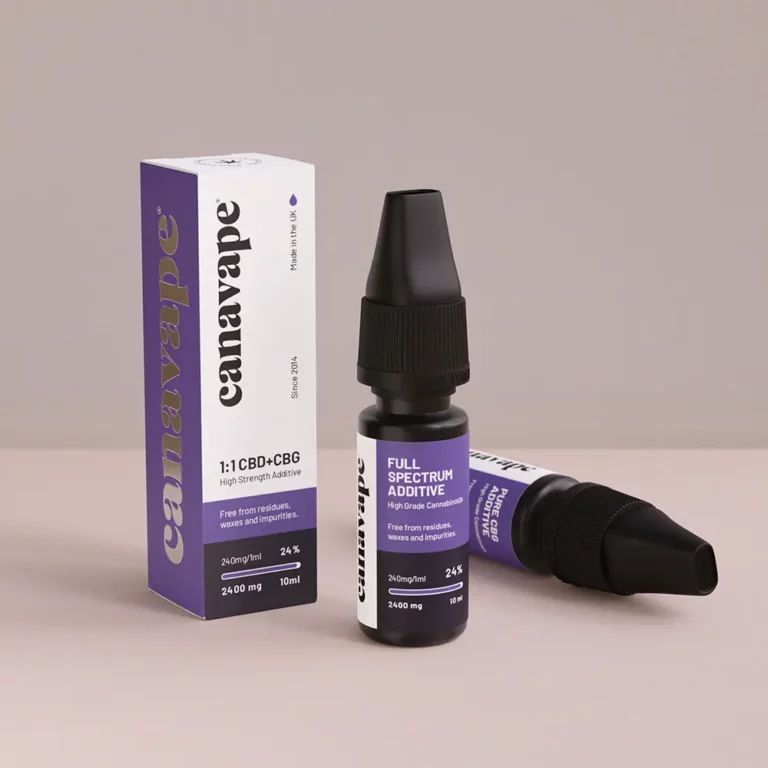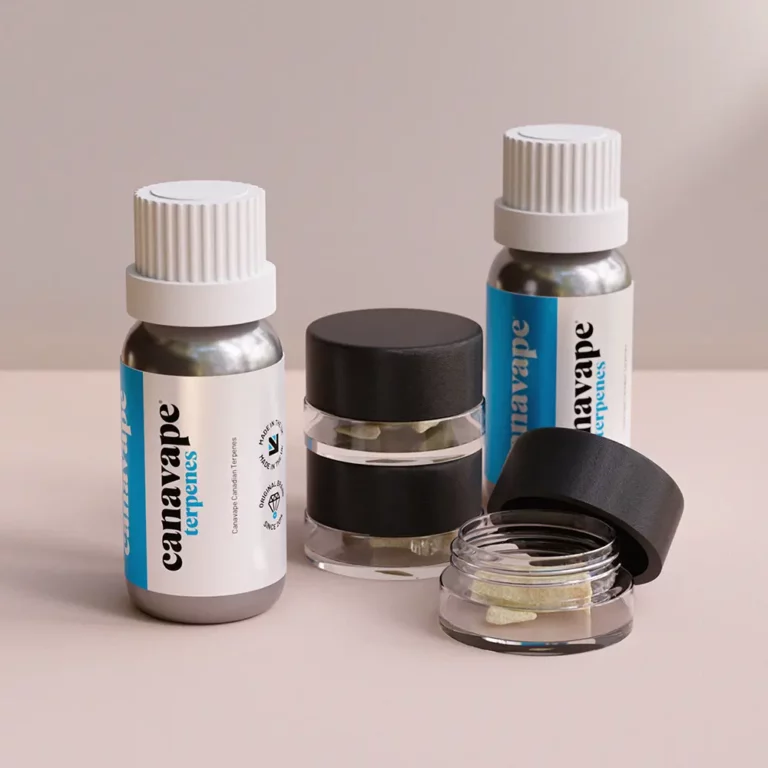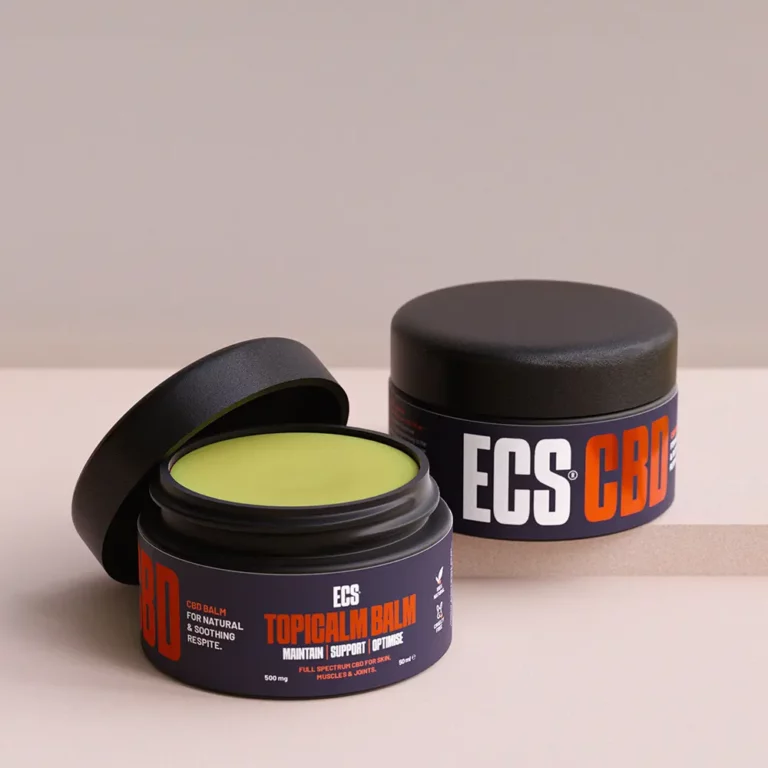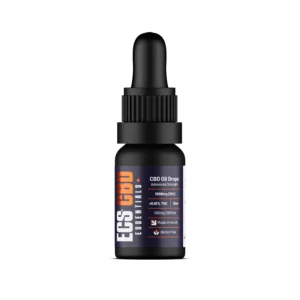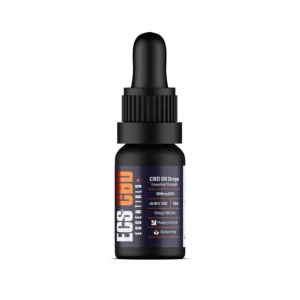Cannabigerol (CBG) is a cannabinoid found in the cannabis plant that is gaining attention for its potential health benefits. Unlike THC, the psychoactive component of cannabis, CBG is non-intoxicating and does not produce a “high” feeling. Research suggests that CBG may have a variety of therapeutic effects on the body.
One of the primary ways that CBG may benefit health is through its interaction with the endocannabinoid system (ECS). The ECS is a complex network of receptors and neurotransmitters that helps regulate many physiological processes in the body, including mood, pain sensation, appetite, and immune function. CBG interacts with the ECS by binding to cannabinoid receptors, which can help modulate these processes and promote balance within the body.
Studies have suggested that CBG may have anti-inflammatory properties, making it potentially useful for conditions characterized by inflammation, such as arthritis or inflammatory bowel disease. CBG may also have neuroprotective effects, which could make it a promising treatment for neurodegenerative diseases like Alzheimer’s or Parkinson’s. Additionally, CBG has been shown to have potential antimicrobial properties, which could make it useful in fighting bacterial infections.
Some research has also suggested that CBG may have anti-cancer properties, as it has been shown to inhibit the growth of cancer cells in some studies. While more research is needed to fully understand the potential anti-cancer effects of CBG, these preliminary findings are promising.
Overall, CBG shows great promise as a therapeutic compound with a wide range of potential health benefits. As research into this cannabinoid continues, we may uncover even more ways in which CBG can support health and well-being.

